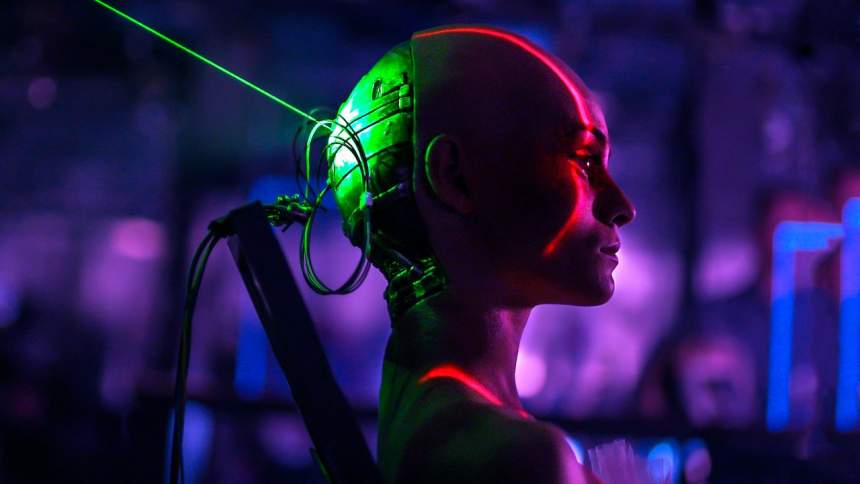Will humans really be able to trust virtual digital companions?
Will humans really be able to trust virtual digital companions?
This is the line of work pursued by the Research Group in Wireless Communication and the company InfoCert for the H2020 PRESENT project, coordinated by Josep Blat and Vanesa Daza, with the aim of ensuring the security of so-called trusted virtual agents (TVA) developed in the main project.

Effective human communication is based on trust between the parties. It is not hard to imagine the not too distant future in which we interact with a virtual agent that will play the role of a financial intermediary, a personal trainer or a health worker. In all these scenarios, we require secure trust protocols and must ensure the real identity of the virtual agent in order to protect ourselves from any associated risks.
Within the framework of the PRESENT project, UPF and the company InfoCert are working together on an infrastructure to certify and ensure user trust in interaction with digital identities
PRESENT (Photoreal REaltime Sentient ENTity) is a H2020 research and innovation project on artificial intelligence coordinated over three years by Josep Blat and Vanesa Daza, director of the Interactive Technologies (GTI) research group and researcher with the Wireless Communication research group (WiCom), respectively, at the Department of Information and Communication Technologies (DTIC) at UPF. Their main goal is to develop virtual digital companions –embodied agents– provided with a large dose of realism and naturalness and emotional sensitivity that will be able to engage in meaningful dialogues, add sense to the experience and act as trustworthy guardians and guides for Augmented and Virtual Reality interfaces, among others.
As Daza explains, “we plan to apply blockchain technology to look after digital identities in order to guarantee the user the maximum degree of trust and security”
In the PRESENT project, UPF and the company InfoCert, the largest supplier of qualified trust services in Europe which operates in the Spanish market as Camerfirma, S.A., are working together on an infrastructure to certify and ensure user trust in interaction with digital identities. UPF will implement agent-user interaction protocols to facilitate effective communication; it will develop protocols that fuse and translate in real-time the non-verbal social behaviour of virtual agents, into dialogues and coherent instructions to be carried out by the agent so that it knows what to express, how to express it, and exactly when to do so. As Daza explains, “we plan to apply blockchain technology to look after digital identities in order to guarantee the user the maximum degree of trust and security”.
The new trusted virtual agents (TVA), while fully digital, will have a human aspect and will be very similar to graphic animation characters. Agents that will be able to interpret and express emotions, facilitating the interaction of the virtual agent with humans on a radically higher level. Hence, the PRESENT project assumes a fundamental social role.
“By grouping together leading companies from such different sectors, we hope to anticipate the future of human-digital agent interaction and try to have a positive influence, increasing the trust in these virtual services”, the project partners assert.
